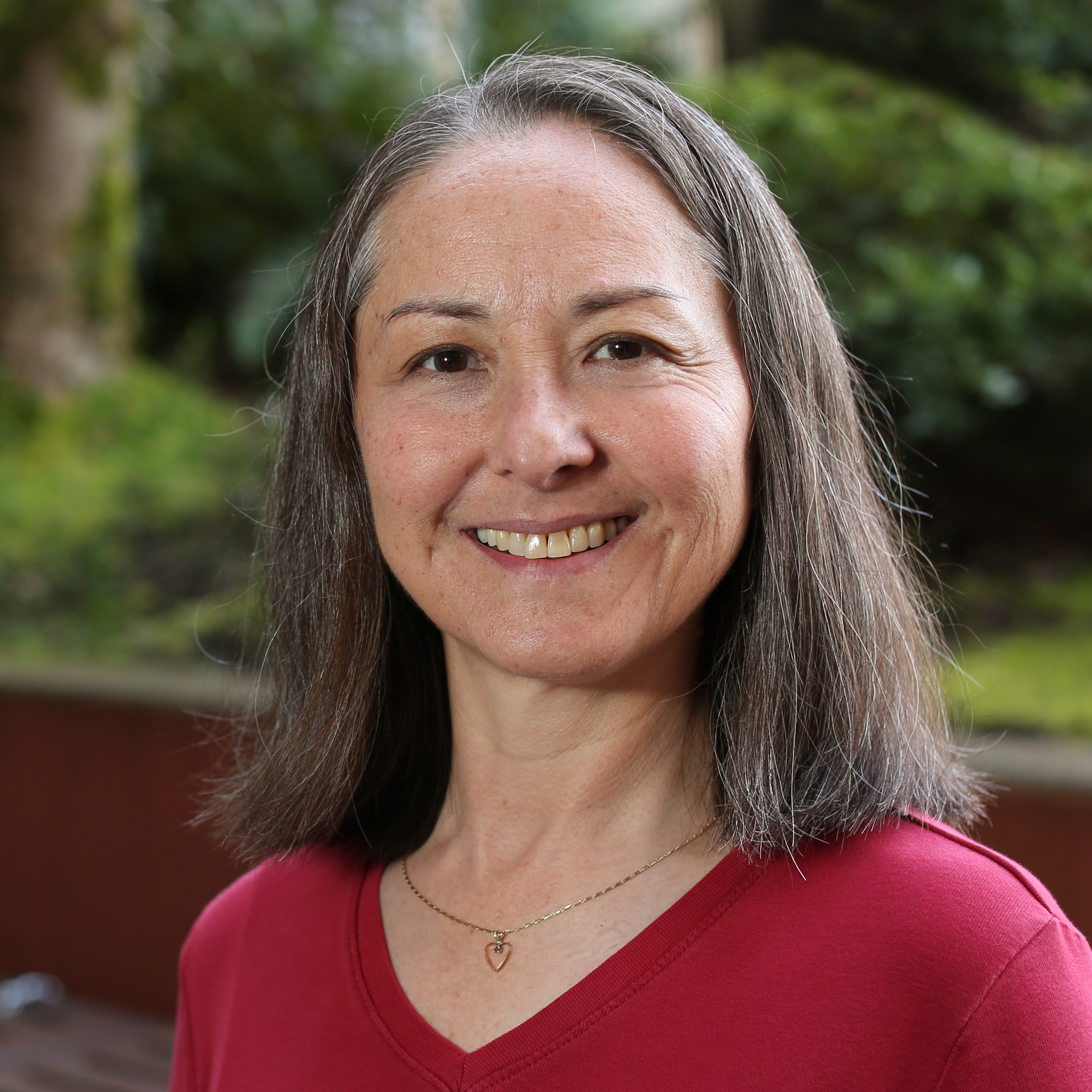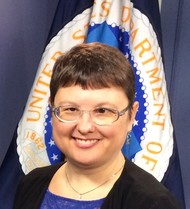At next week’s Organic Grower Summit, an edcuational session will be devoted to how California is leading the way in protecting the integrity of the organic brand for the organic industry and consumers across the country.
"Safeguarding the Organic Brand" will include organic industry leaders Jennifer Tucker, Ph.D., deputy administrator, USDA, AMS, National Organic Program (NOP), John McKeon, COPAC board member, senior manager of organic compliance, Tanimura & Antle, and Peggy Miars, Director/CEO, Organic Materials Review Institute (OMRI), and President, IFOAM Organic International.

Peggy Miars, Director and CEO of IFOAM
The NOP, OMRI and the CA State Organic Program have all identified challenges in the organic marketplace and protecting the organic brand is at the top of each associations’ priority.
“The biggest challenge is keeping up with potential new and innovative fraudulent ideas. Once we have figured out how to resolve one issue, a bad actor can come up with another dishonest plan, IFOAM’s Miars said. “The good news is that the USDA, NOP, and other groups around the world are focusing on eliminating fraud in the organic sector.”
USDA’s Tucker echoed Miars remarks. “Protecting the integrity of the USDA organic seal is the National Organic Program’s top priority. We will not allow bad actors to undermine the work and livelihood of the thousands of organic farmers who are following the rules every single day,” she said.
From the production side, John McKeon of T & A, believes supply chain diligence is essential – understanding and addressing the risks in your organic supply chain, domestic or international. “What else besides maintaining an organic certificate do you know about your supply chain? What criteria do you have for a business to ensure organic integrity? How do you authenticate the products and the operations you are conducting business with,” McKeon asks.
John Mckeon, Senior Manager of Organic Compliance of Tanimura & Antle
McKeon noted California is easily the leader in organic production, with more certified organic farm operations and acres than any other state. Further, the T & A executive noted that organic was 38 percent of all agricultural sales.
Further, he said California has been evolving and responding to the needs of the organic industry and organic consumers.
The State Organic Program, CDFA & CDPH have bolstered its resources to provide enforcement oversite within the state through its ongoing activities in:
- Compliant investigation -working in coordination with accredited certifiers in the state and the National Organic Program.
- Inspection of state registered operations
- Surveillance sampling of organic products
- Investigative sampling of organic products
“Managing your risks to organic integrity from contamination/cross contamination, approved materials use, demonstrating compliance with the standards by maintaining/improving biodiversity, documenting pasture access, use of processing aids, calculating percentages of organic ingredients etc. These operational areas of organic certification present areas of opportunity for intentional or unintentional fraud or non-compliance,” McKeon said.
What are they doing to mitigate the risk?
Tucker said NOP is focused on four key areas over the coming year. “To start, we are strengthening organic control systems, leading to trusted people, processes, and rules. Second, we are building systems to provide farm-to-market traceability, so people can trust supply chain integrity worldwide. Next, we continue to engage in fair and focused enforcement to maintain a level playing field for all. And, lastly we will continue to engage organic farmers and other stakeholders by ensuring transparency, supporting the national organic standards and collaborating with the organic community.”

Jennifer Tucker, Deputy Administrator of USDA
Additionally, The USDA is currently drafting a proposed rule called Strengthening Organic Enforcement. The proposed rule will be grounded in the program’s experience administering the program, investigating complaints, and accrediting and auditing certifiers.
“The proposed changes include certification requirements for some currently excluded organizations such as brokers, traders and distributors. The rule will increase reporting frequency and data collection about certified farms and businesses from certifiers, “Tucker said.
At the end of the day, it is everyone’s who is invested in organic production to preserve and defend the organic brand. “It’s time to own our compliance responsibilities; farming and ranching, processing, storage, cooling, shipping, brokering etc. Organic agriculture and food production have been built by defining a conscientious production system and also by making a public label claim,“ McKeon said. “That label must mean something. It is, for the most part, a voluntary certification that has been built by now generations of like-minded people that believe in that system. You want the label, you do the work.”






